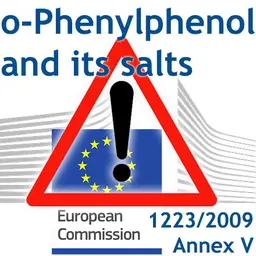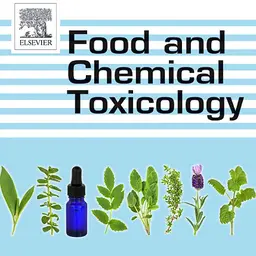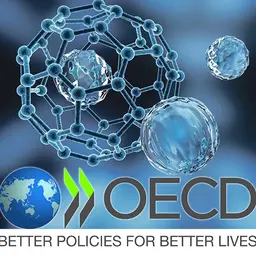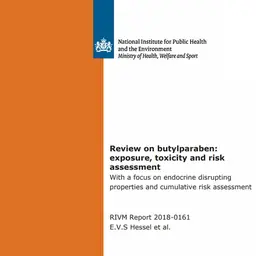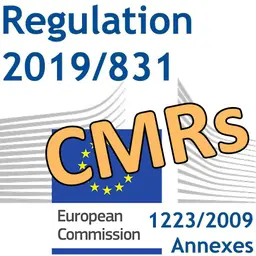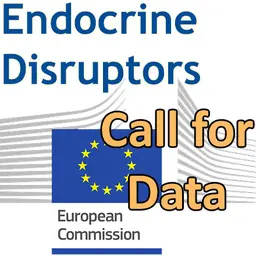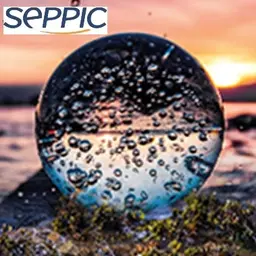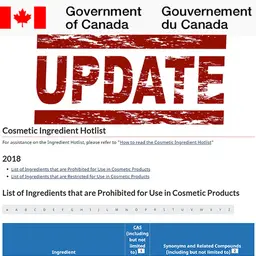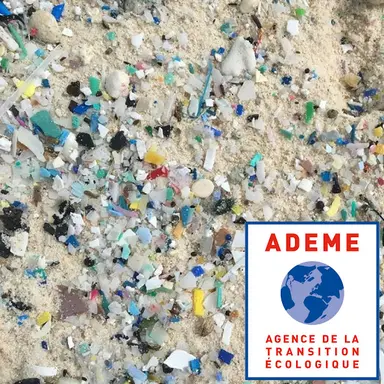
In March 2022, the French Office for Biodiversity (OFB) and the French Agency for Ecological Transition (ADEME) launched a call for research projects on the transfer of microplastics in continental ecosystems. Four scientific projects have been selected in order to gain a better understanding of the environmental contamination caused by microplastics, the transfers between air, soil and water, and thus develop a methodology for monitoring and reduction at source.
In order to enable scientists and land managers to better deal with environmental contamination by microplastics, the French Biodiversity Office (OFB) and the French Agency for Ecological Transition (ADEME) have set up a scientific knowledge-sharing programme integrating four cross-cutting and complementary research projects throughout France.
The objective of this joint project is to assess the nature, sources, stocks and fluxes of microplastics in rural and urban areas, from densely populated areas to remote natural environments, with particular attention to cultivated areas. The measurement of microplastic particles will be carried out on atmospheric deposition, biomass, soil, water, domestic discharges or by studying meteorological events.
The complementary expertise of the four projects will enable the quantification of microplastics over the entire size continuum (from nanoplastics smaller than 1µm to millimetre-sized particles).
The projects selected:
• Dymitria (Hauts de France): estimation of stocks and flows of microplastics in different compartments (soil, water, etc.)
• Minuscule (Nouvelle Aquitaine): assessment of the nature and flows of microplastics in karstic surface and groundwater
• Plastival (Ile-de-France): improvement of skills related to the metrology of microplastics in environmental matrices and advancement of knowledge on transfers in the atmosphere-soil-river continuum
• Plastransfer (Rhône basin): improving knowledge on …

